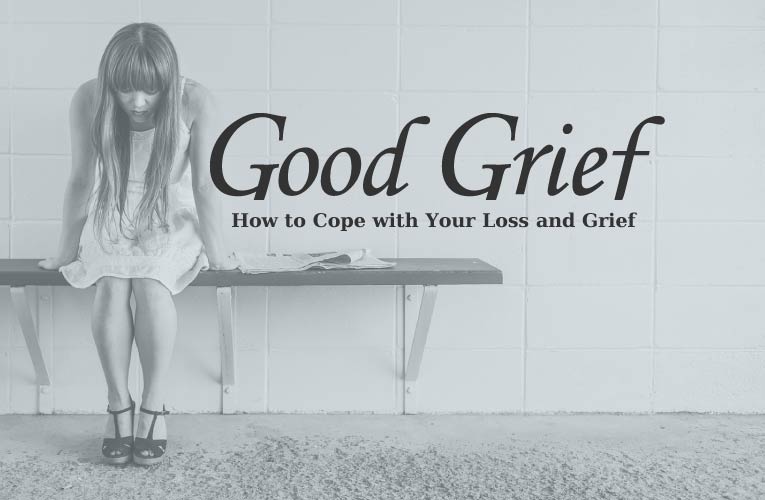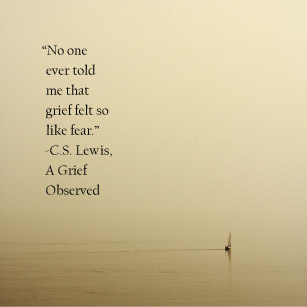I have learned a lot about grief over the years. I’ve learned that it comes in all shapes and sizes, and cannot be confined to one stereotype. Many people consider grief to be defined as the sadness associated with losing a loved one. Grief and loss can also accompany a relationship change, job transition, or life cycle phase (graduation, marriage/divorce, growing a family, retirement, etc.). The grieving process isn’t “one size fits all” and I think that surprises most people. The timing can be different for everyone. Normalizing the trauma and immense sadness that comes with any loss is beneficial for the grieving process. It allows us a safe place to heal in our own time.
Elizabeth Kubler-Ross helps us better understand the 5 stages of grief:
- Denial
- Anger
- Depression
- Bargaining
- Acceptance
It is common to cycle through any or all the stages of grief. Some people may skip one or even go backwards a few steps.
Grief can be sneaky. When grief goes undealt with after a loss, it can show up down the road. It tends to be explosive and manifests itself into other behaviors, like denial, addiction and depression. You should never rush through it or ignore it. It’s important to give yourself the space you need to heal during grief.
Many of my clients have opened up to me about their losses over the years. I’ve heard stories of losing a spouse to cancer, losing a child to addiction, a stressful move, losing a business, divorces, adoptions, infertility, pregnancy loss, affairs, abuse, and so many more.
My clients often ask, “Is it normal for me to be feeling this way?” It can be helpful to understand that grief can be overwhelming and debilitating. It’s very common to feel depressed or have trouble getting back into your daily routine.
We hear a lot of different terms of encouragement after loss.
“He/She is in a better place.”
“At least he/she had a good life.”
“Now you have a guardian angel.”
This can be difficult for a grieving person to process especially when all they truly want is to have their loved one back. We can never fully understand the complications that come with a loss. When helping someone who is grieving, one of the best things you can do for them is to sit next to them quietly and tell them you are there for them.
If you are reading this and you have just suffered a loss or are dealing with grief, just try to give yourself a break. Remember, you have endured a traumatic loss. Don’t be too hard on yourself. Find a safe place to process the grief, maybe with a licensed therapist. Allow yourself the time and space to heal.
If you need some helpful resources on the grieving process, visit the links below.
https://grief.com/the-five-stages-of-grief/
http://thetruthaboutgrief.com/category/elisabethkublerross/


